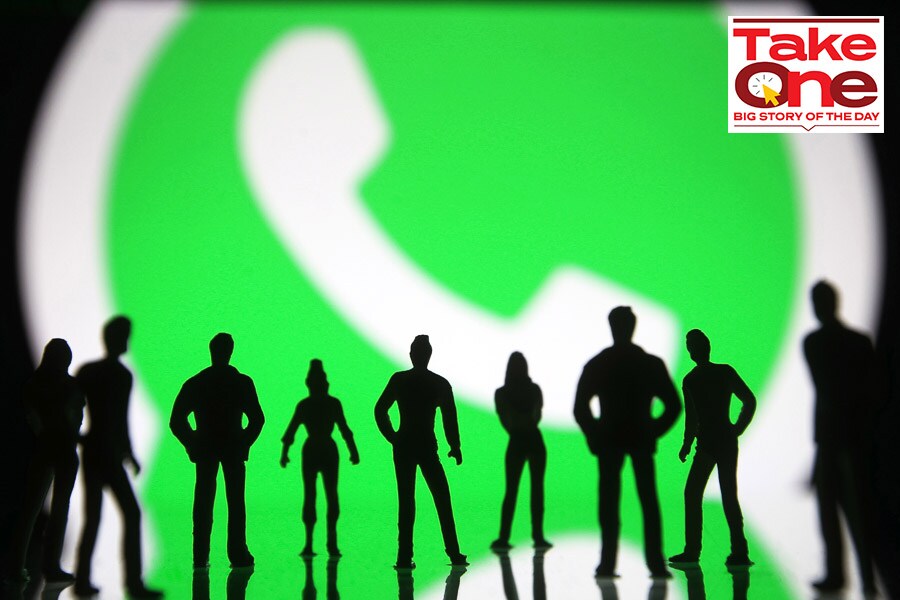
WhatsApp's privacy update: To flee or not to flee
Since the revamped policy was introduced on the messaging platform on January 4, there has been an uproar around its privacy issues. Here is a breakdown of what it entails and its impact on WhatsApp Business
 Image: Getty Images
Image: Getty Images
“The beauty of this platform is that it is secure,” says Joseph Aloysius, a Singapore-based student researcher in surveillance studies. Aloysius is referring to Signal, a California-based end-to-end encrypted messaging service that has been gaining momentum and users, who’ve been fleeing WhatsApp ever since it updated its privacy policy spurring worldwide outrage.
The revamped policy, issued on January 4, states how user data will be impacted, especially when there is an interaction with businesses on WhatsApp. The new policy, clearly mentions: “When we share information with third-party service providers and other Facebook Companies in this capacity, we require them to use your information on our behalf in accordance with our instructions and terms.”
Privacy experts believe this change wasn’t unexpected, given that WhatsApp is now a Facebook-owned entity and is hoping to integrate it into the larger Facebook ecosystem. Additionally, this was potentially necessitated by WhatsApp’s decision to introduce shopping and payment services on its platform.
 Following this update, several global bigwigs—including Paytm founder Vijay Shekhar Sharma, Anand Mahindra, chairman of the Mahindra Group, and co-founder and CEO of Twitter Jack Dorsey—have been promoting the importance of privacy and advocating the use of other applications like Signal. Elon Musk, for instance, tweeted: “Use Signal.”
Following this update, several global bigwigs—including Paytm founder Vijay Shekhar Sharma, Anand Mahindra, chairman of the Mahindra Group, and co-founder and CEO of Twitter Jack Dorsey—have been promoting the importance of privacy and advocating the use of other applications like Signal. Elon Musk, for instance, tweeted: “Use Signal.”
“Signal’s USP is the importance it gives to privacy. The fact that it is open-source, peer-reviewed, and run by a non-profit organisation, makes the app very reliable and transparent for users. With apps like Signal, unlike WhatsApp, no third party can spy on you, your conversations or activities,” says Aloysius, who now swears by Signal.







